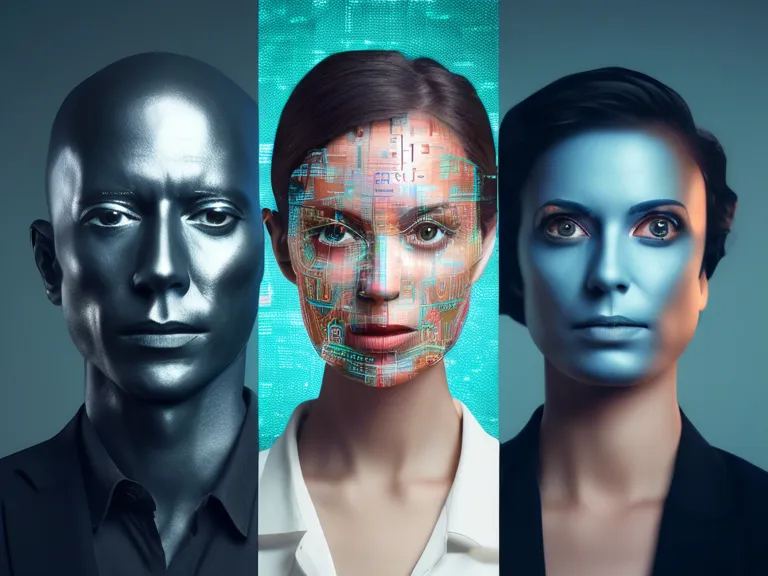
With the advancement of artificial intelligence (AI) technology, deepfakes have emerged as a prominent tool for manipulating media content. This article explores the ethical implications of deepfakes and the need for responsible use of AI in media.
As technology continues to evolve, the creation and dissemination of deepfakes – digitally altered videos or images that appear real – have become more prevalent. While deepfakes can be used for entertainment or artistic purposes, they also carry significant ethical concerns. From political propaganda to revenge porn, deepfakes have the potential to spread misinformation and harm individuals and societies.
One of the main ethical considerations surrounding deepfakes is the issue of consent. In many cases, individuals are portrayed in deepfake videos without their permission, leading to privacy violations and reputational damage. Furthermore, deepfakes can exacerbate existing issues such as fake news and online harassment, making it difficult for viewers to discern fact from fiction.
As AI technologies continue to advance, it is crucial for society to address the ethical implications of deepfakes and develop strategies to mitigate their negative impact. This involves not only detecting and removing deepfake content but also promoting media literacy and critical thinking skills among the general public.
In conclusion, navigating the new frontiers of media manipulation requires a collective effort to uphold ethical standards and safeguard the integrity of information. By promoting transparency, accountability, and responsible use of AI, we can minimize the risks associated with deepfakes and ensure a more trustworthy and reliable media landscape.


